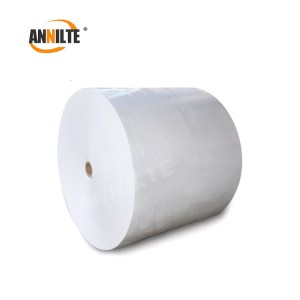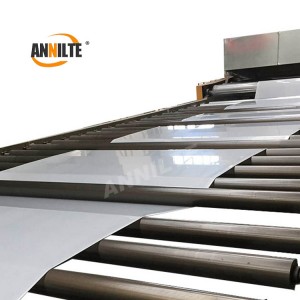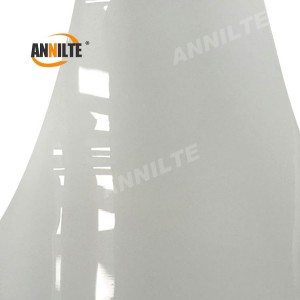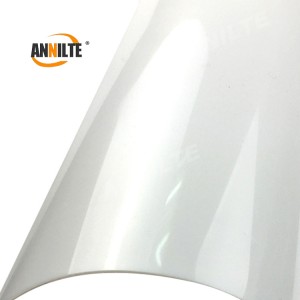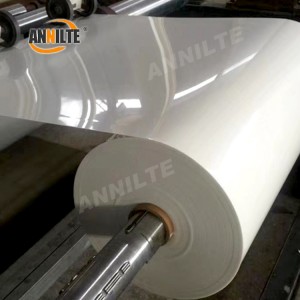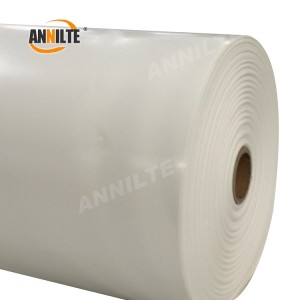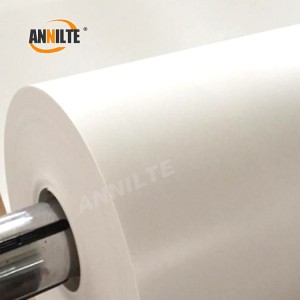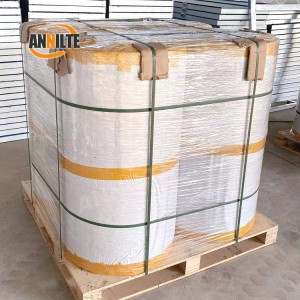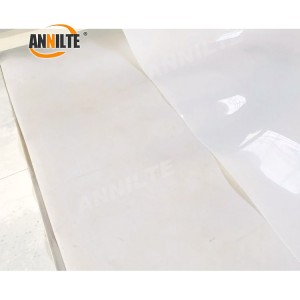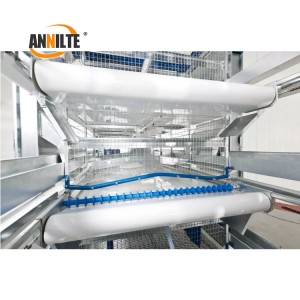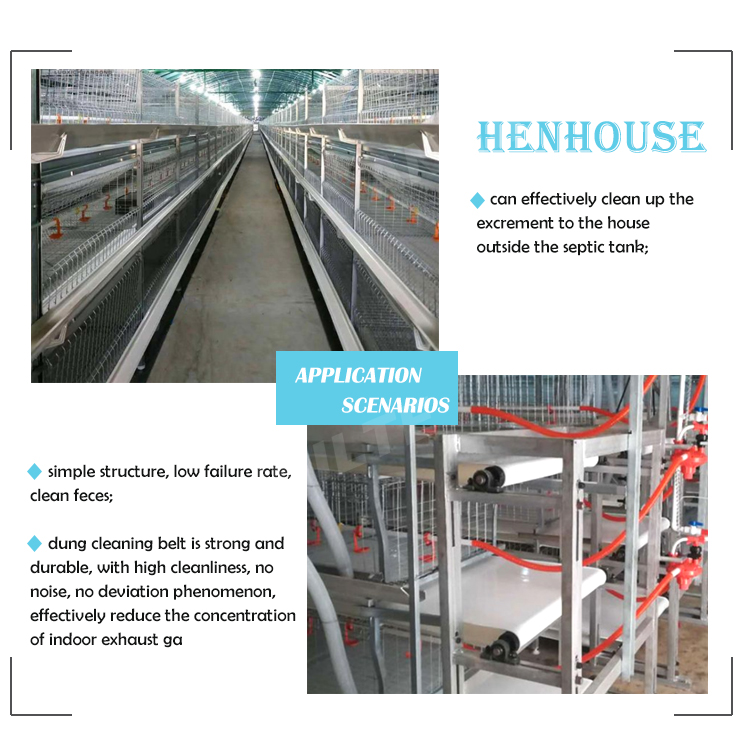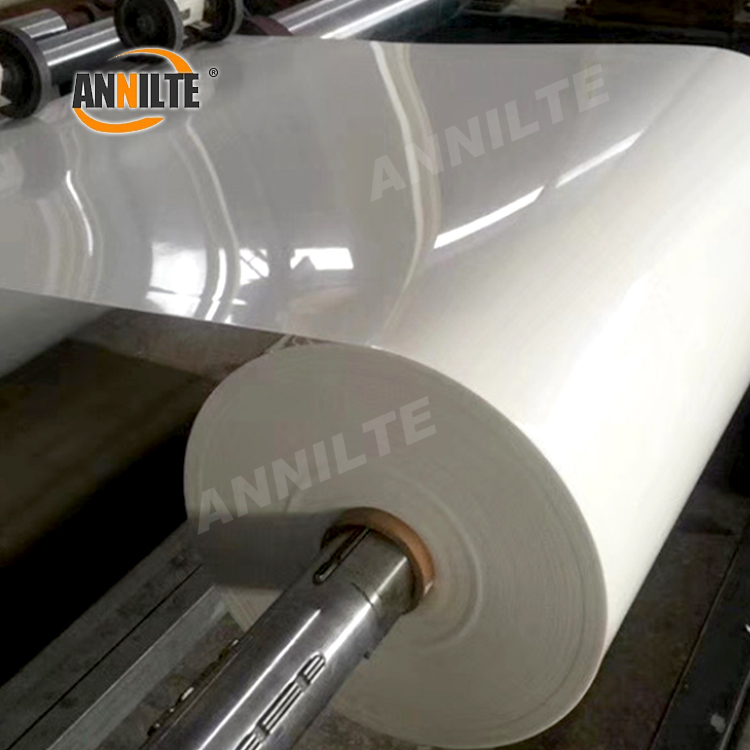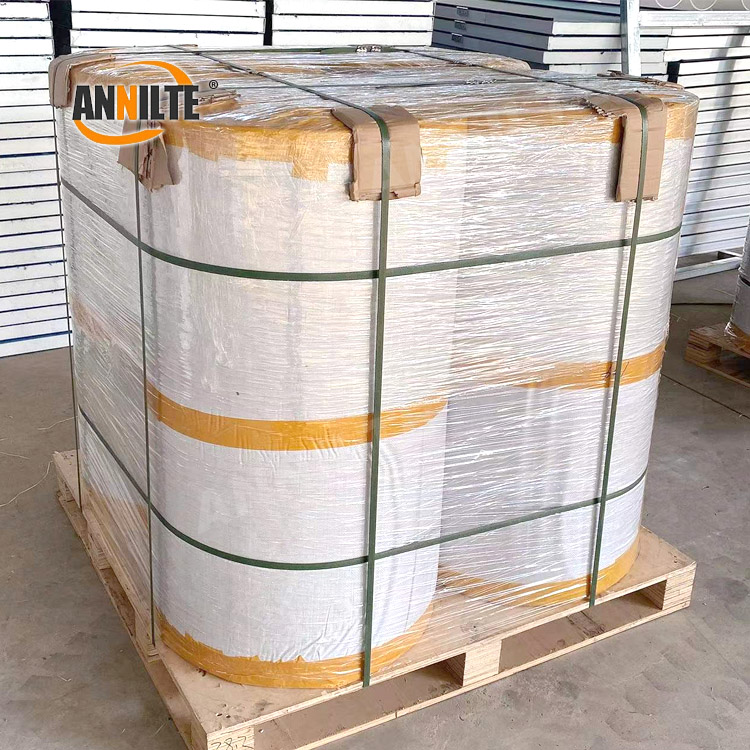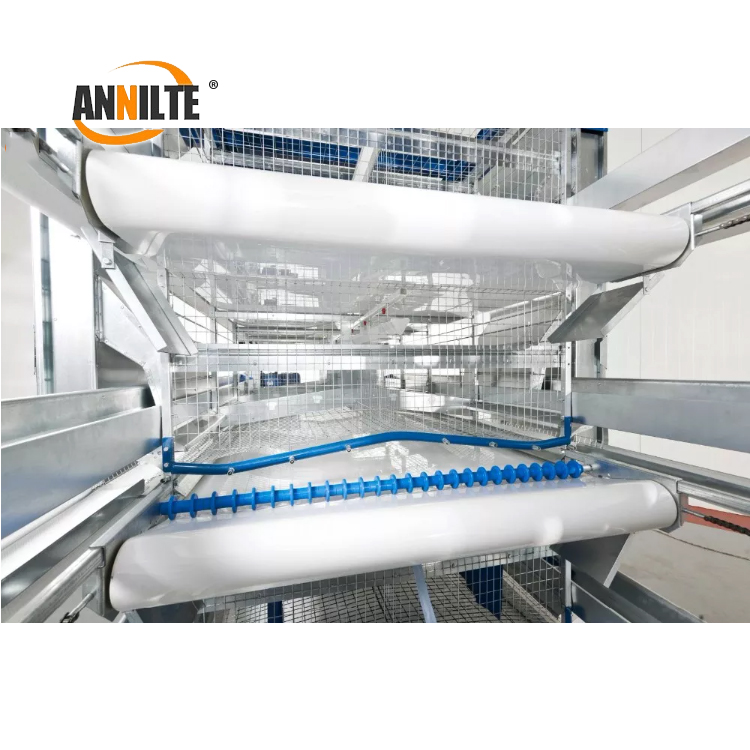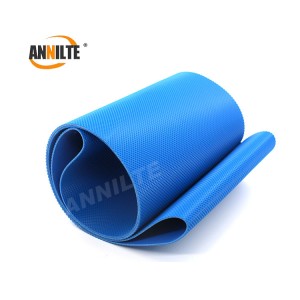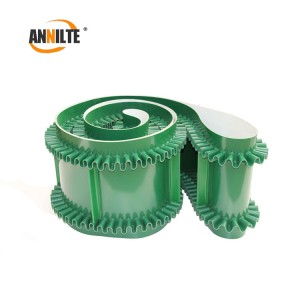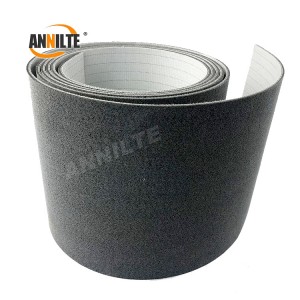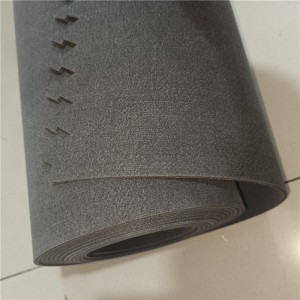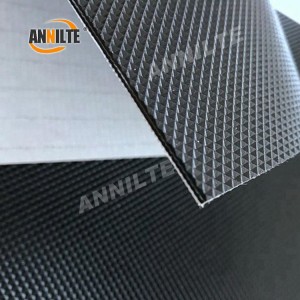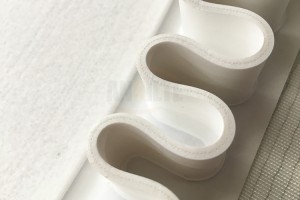Massive Selection for Annilt PP Conveyor Chicken Layer Manure Belt for Large Scale Poultry Farming
We’ve got the most highly developed manufacturing machines, experienced and qualified engineers and workers, acknowledged good quality management systems and also a friendly specialist gross sales team pre/after-sales support for Massive Selection for Annilt PP Conveyor Chicken Layer Manure Belt for Large Scale Poultry Farming, We warmly welcome merchants from your home and overseas to call us and build business connection with us, and we are going to do our greatest to serve you.
We’ve got the most highly developed manufacturing machines, experienced and qualified engineers and workers, acknowledged good quality management systems and also a friendly specialist gross sales team pre/after-sales support for China PP Manure Conveyor Belt and PP Conveyor Belt, We significantly promise that we supply all the customers with the best quality items, the most competitive prices and the most prompt delivery. We hope to win a resplendent future for customers and ourselves.
PP feces belt is also called feces conveyor belt, used for chicken, duck, rabbit, quail, pigeons and other feces transmission, PP feces belt is mainly used in caged poultry feces transportation, is a part of the feces cleaning machine, semi-automatic automatic feces cleaning machine.
removal belt is specially used to clean the feces of chickens, ducks, rabbits, pigeons, quail, and other caged livestock and poultry equipment, impact resistant, low-temperature resistance to 40 degrees below zero. Strong toughness, corrosion resistance, and low friction coefficient. This belt can be adapted to all kinds of work environments and has its own spirituality. The life of the feces removal belt is relatively long, and its efficacy, in many poultry farming places is used! Thickness requirement: 0.7mm1.0mm1.2mm. This can also be customized according to customer requirements
pp cleaning belt is usually bright milky white, has unique performance, improved tensile strength, impact resistance, low-temperature resistance, strong toughness, corrosion resistance, and low friction coefficient, this kind of cleaning belt can adapt to a variety of working environments.
| Name | PP manure conveyor belt |
| Color | White or as required |
| Material | PP |
| Length | According to the customer |
| Width | 1000-2500mm |
| Thickness | 1.0mm~2.5mm |
| Usage | Matching for poultry cages equipment |
| Feature | Can work in -50 degree, etc |
PP feces removal belt features
1. Conveying no deviation – drum extrusion process + high-frequency shaping technology;
2. Thickness standard does not shrink – polypropylene raw material does not contain impurities, and the use process is not easy to stretch deformation;
3. The manual input is greatly reduced.
4. The excrement is more bottom, and the ammonia concentration in the chicken house is lower.
5. The use of vehicles to pull out the chicken manure, the chicken farm is more environmentally friendly
Deviation adjustment method of feces removal belt
It can be adjusted by tightening the bolts on the tensioner. When the belt moves back one-third of the way, the bolts should be properly loosened to reduce overrunning of the belt. When the cleaning belt runs close to the edge of the passive roller, you can release the tightening chain, move the cleaning belt to the middle of the passive roller by hand, and then install the tightening chain on the sprocket, and then tighten the bolts on the tightening rod by using pipe pliers to tighten the six-edge shaft until it stops moving.



